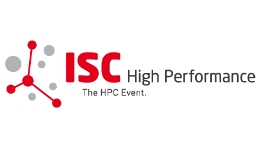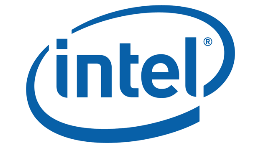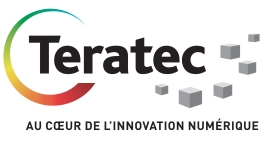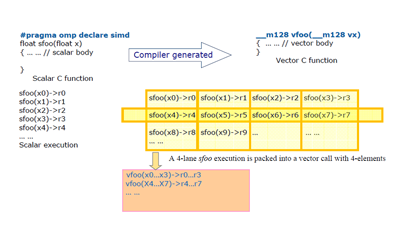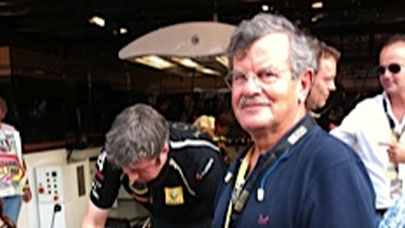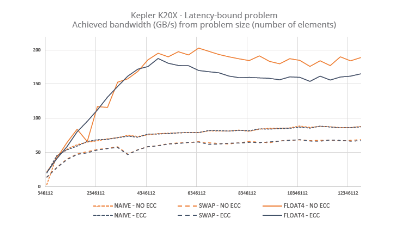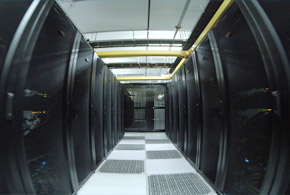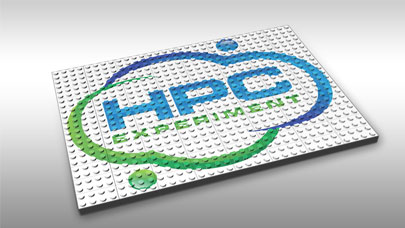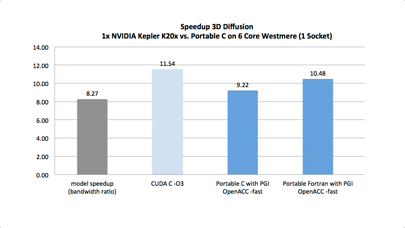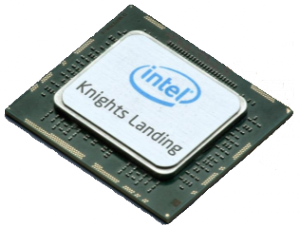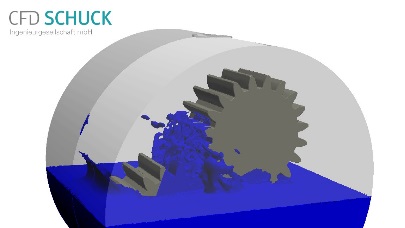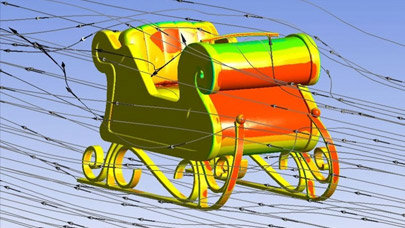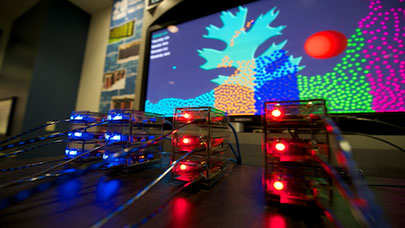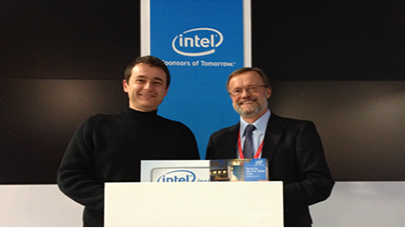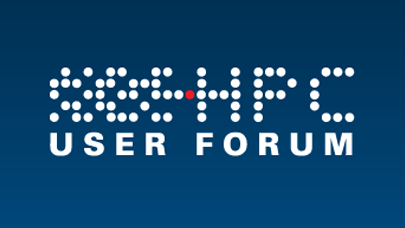Moore’s Law definitely has a bright future ahead if one can judge by the fact that a team of researchers from Trinity College Dublin has just produced exploitable graphene samples using a simple kitchen blender. Given the intensive, costly research on the subject, we can imagine skeptics raising an eyebrow but the discovery is far from trivial, as indirectly shown by its publication in Nature.
Identified in 2004 by a Nobel Prize-winning British team at the University of Manchester, graphene is a natural form of graphite crystals – like that found in the leads of our good old wooden pencils. As it is made up of “sheets” stacked on top of each other, the difficulty of its exploitation has been in the development of industrial methods capable of separating them into one-atom-thick pieces. The proposed solutions have so far not gone beyond experimentation – either because they suffer from a prohibitive cost on an industrial scale, or because they have resulted in a degradation of its mechanical or electric properties.
It was by simply using a domestic blender, water and a little soap that these researchers were able to detach the layers one by one and keep them separated without degradation. A process not only economic but also environmentally friendly, which should result in production for some specific uses.
The relationship with our beloved machines? The properties of graphene are so breathtaking that it could be the Exascale material. No thicker than an atom, two hundred times stronger and six times lighter than steel thanks to its honeycomb structure, it’s also highly conductive if not supraconductive since electrons move about 150 times faster in it than in silicon. One can therefore reasonably bet on its forthcoming use in the manufacturing of ultra-fast nanoscale transistors that could revolutionize the entire electronics industry. Graphene should also significantly improve battery performance since it could triple their capacity, dramatically reduce their charge time and greatly augment their lifespan. Gordon Moore, mightier than Nostradamus?
© HPC Today 2024 - All rights reserved.
Thank you for reading HPC Today.


